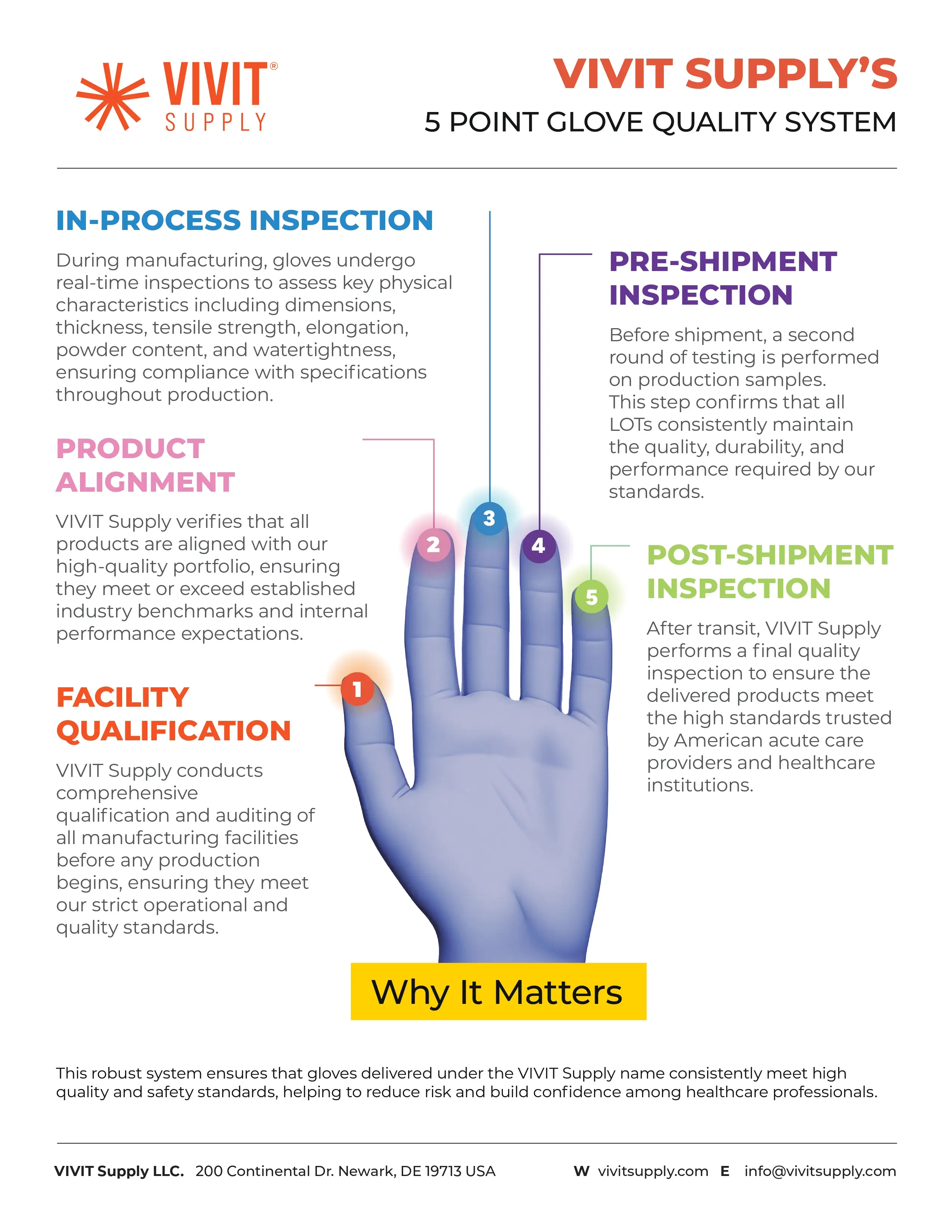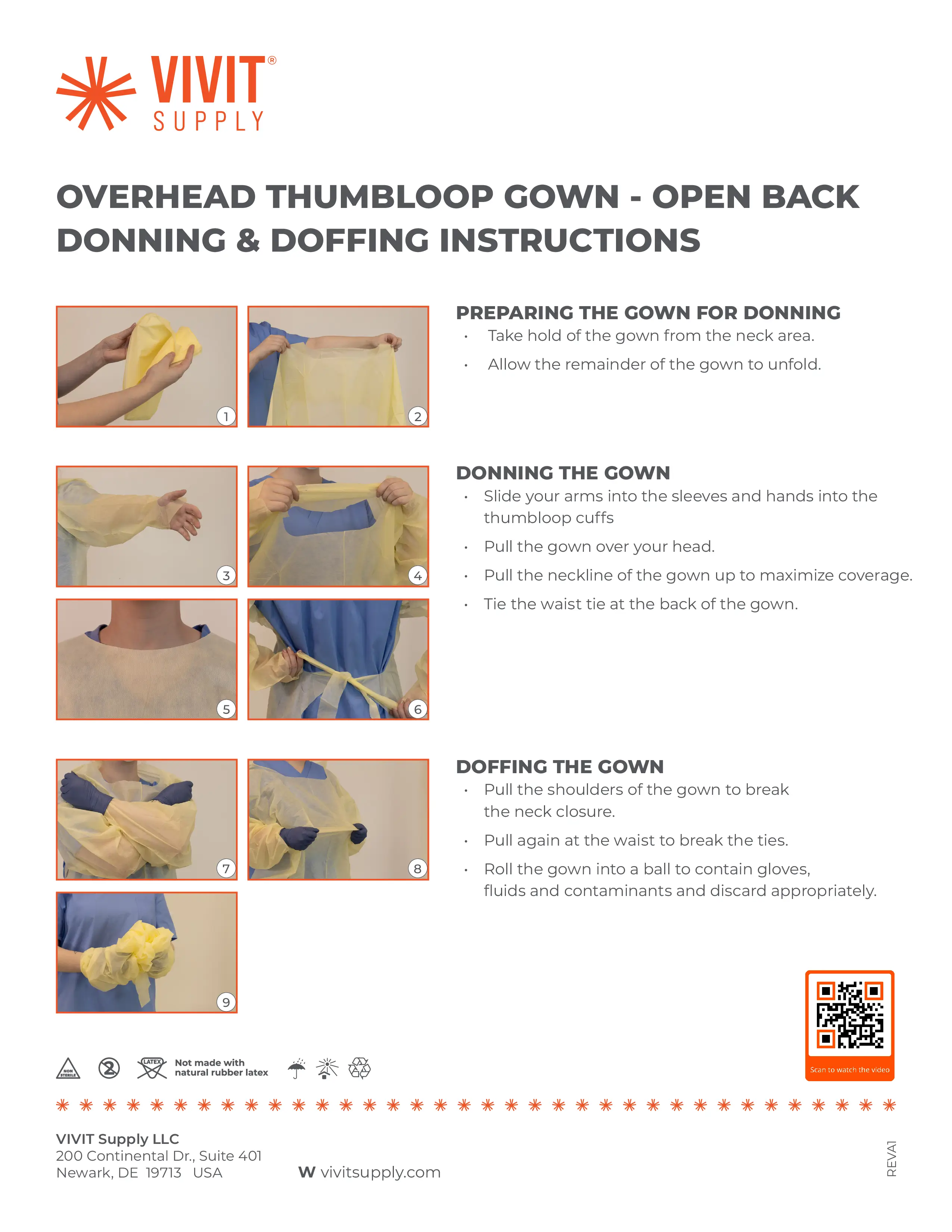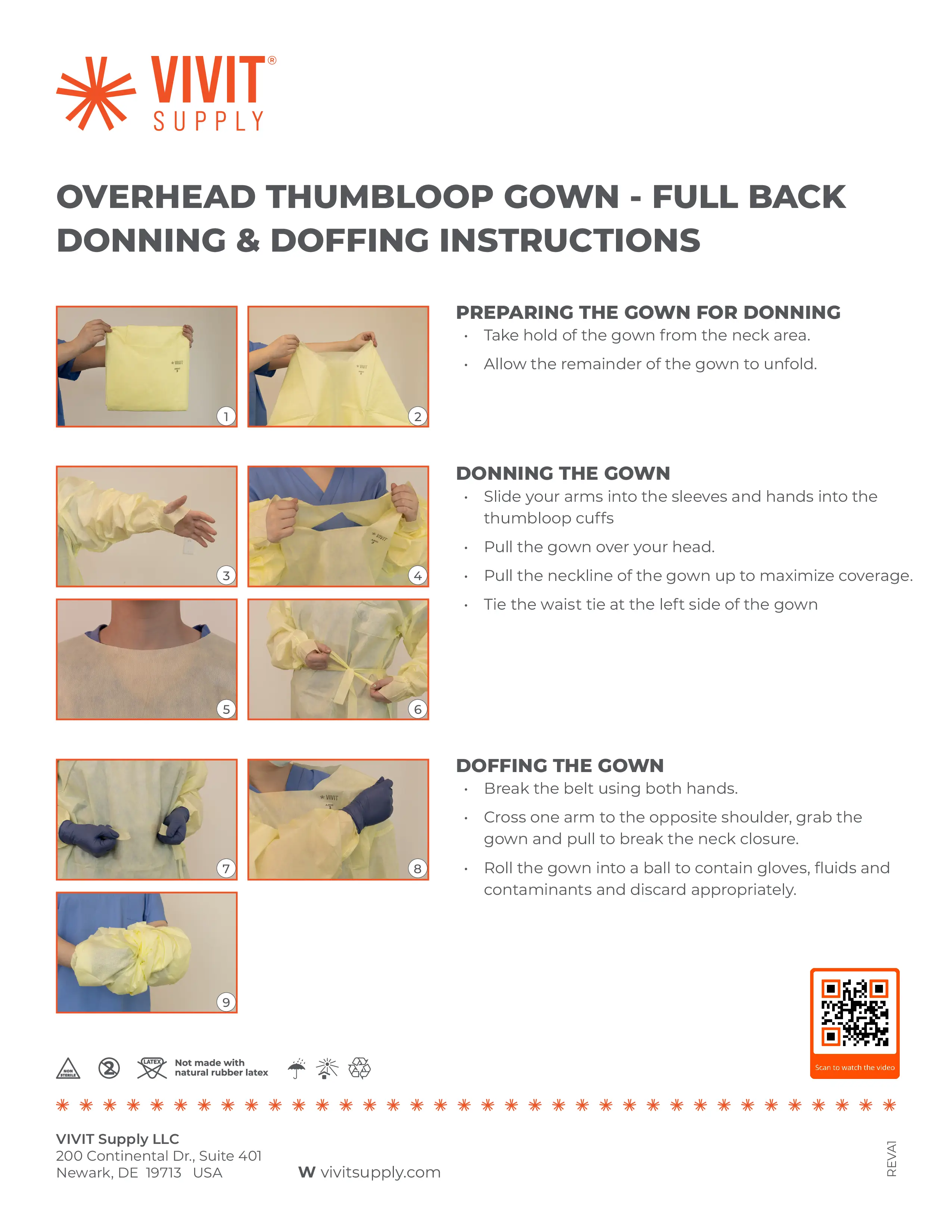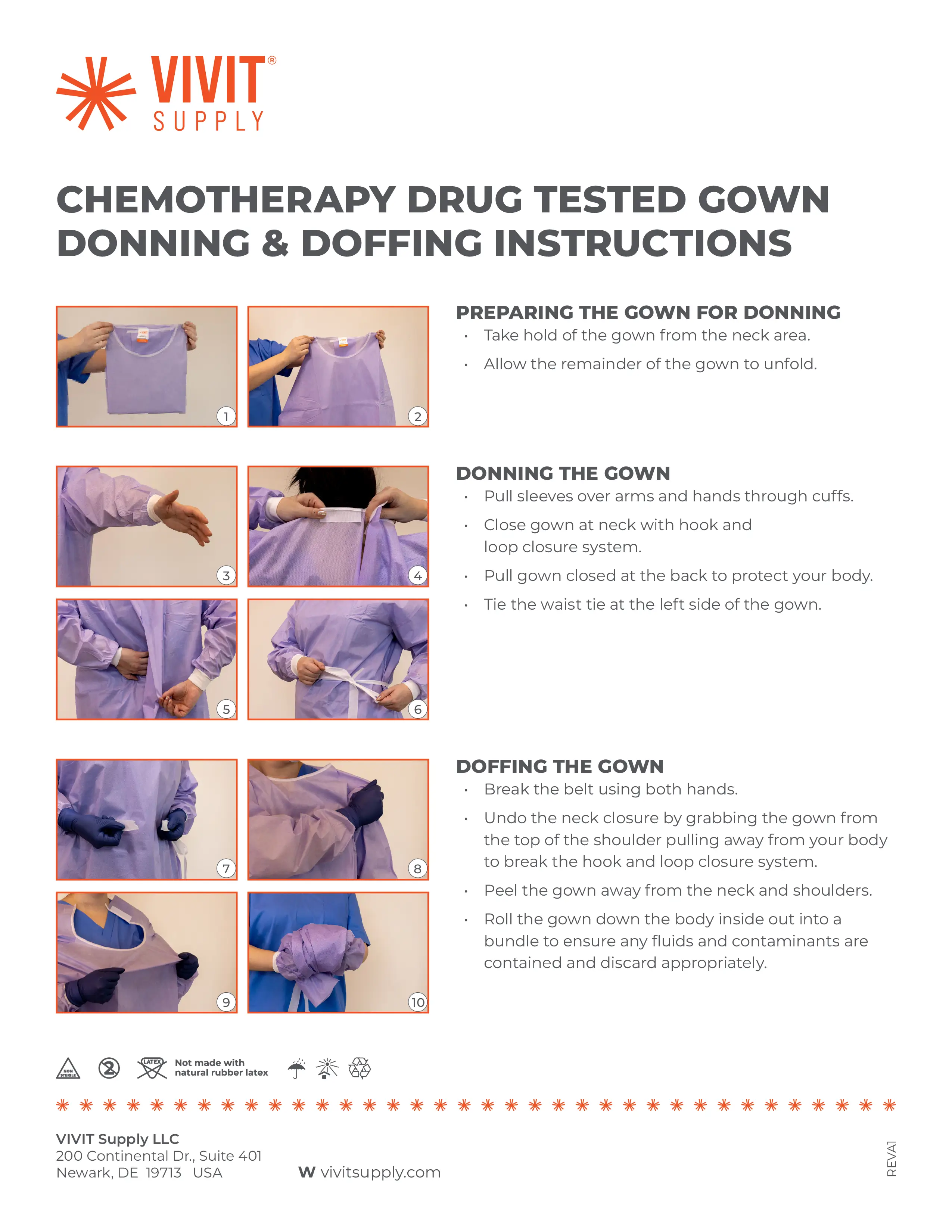
As markets fluctuate daily, healthcare supply chain risks are at an all-time high. With long-term healthcare affordability and quality of patient care at stake, healthcare organizations face immense pressure to make the right decisions. But without sufficient market insights, it can feel impossible to know which step to take.
A knowledgeable and trusted vendor partnership can help healthcare organizations confidently move forward in these situations. Vendors have access to market data from around the world, enabling them to predict and address future market changes. Here’s what to know about using strategic partnerships to help healthcare systems navigate market volatility.
What drives supply chain market volatility?
War, drought, demand surges, and labor shortages are factors that drive volatility in the supply chain market. These unstable conditions result in:
- Shipping and transportation bottlenecks and delays
- Raw material disruptions
- Labor shortages
- Geopolitical relation strains
Tariffs can quickly become huge obstacles to cost efficiency and patient care.
Prime examples of the effects of shipping delays were seen in 2021, when droughts affected water levels in the Panama Canal and strong winds caused a ship to become wedged in the Suez Canal, both of which prevented traffic from passing. Research conducted by HIDA estimated that during the drought, “approximately 31,000-46,000 containers of critical medical supplies were delayed an average of 29 days throughout the transportation system.”
A single shipping container can hold up to 2.25 million exam gloves, 297,000 film gowns or 150,000 AAMI 2 gowns. Therefore, a single delayed container can pose a major problem for healthcare organizations. There is also a knock-on effect on the economy. McKinsey reports, “When a grounded container ship blocked the Suez Canal for just six days in 2021, an estimated $9.6 billion dollars in trade was held up each day.”
On top of these unpredictable factors, the PPE supply chain can also be impacted by production capacity and costs, changes in legislation and regulations, and more. Healthcare organizations must be equipped with proper guidance to successfully navigate these variables.
The changing landscape of market intelligence
Supply chain market intelligence involves collecting and analyzing data to assist with management decisions. Market intelligence allows healthcare organizations to better manage risks, negotiate costs and contracts, and ensure quality patient care amidst uncertain times.
Recently, healthcare organizations are finding value in using artificial intelligence (AI) as part of their market intelligence strategy. AI can translate large amounts of data into actionable pieces of information. Healthcare organizations can leverage AI to:
- Accurately predict supply needs
- Optimize inventory levels
- Track shipments
- Offer alternate routes when delays arise.
These abilities can be used to identify potential issues before they happen, ensuring optimized management. AI can also scrape granular data to identify where cost efficiencies can be gained, saving healthcare organizations time and money.
Of course, even with all of its capabilities, AI is still limited when it comes to analyzing supply chain insights. To reach optimal efficiency, companies should partner AI tools with the guidance of vendors to ensure that they have the highest quality data possible to foster better decision-making.
The benefits of partnerships amidst market volatility
Hospitals don't need to navigate the stormy seas of market volatility alone. They can partner with experienced suppliers to improve business results, reduce costs, and improve overall performance. Here are some key points to consider.
Leveraging market insights
Traditional distributors don’t always excel at anticipating volumes because they lack the product expertise needed to understand key factors influencing spikes, and they primarily look backward.
Accurate forecasting requires an understanding of:
- Product usage
- Natural demand cycles
- The global supply chain
- International virus trends
Experienced suppliers—especially those who wholly own manufacturing facilities—constantly monitor the state of the supply chain. They are the first to become aware of potential disruptions, such as shortages, delays, and demand surges. They also have access to industry reports and often deploy market intelligence tools, which allow them to identify supply chain vulnerabilities.
For example, an experienced supply chain partner may become aware of a looming shortage of raw materials that could affect the production of needed supplies. By promptly bringing this to the attention of their hospital client, they can guide them in whether they need to:
- Stock up
- Alter their order schedule
- Look into alternative options
Establishing a strategic partnership is one of the easiest ways for healthcare organizations to access these valuable insights. With their wealth of information, experienced suppliers are well-positioned to guide their clients to success. They can act well beyond a mere supplier, and take on an advisory role, helping hospitals avoid issues before they become a shortage of product.
VIVIT Supply provides customers with quarterly business reviews. These reports allow healthcare companies to compare their operations and prices against market averages while also obtaining valuable supply chain insights. This type of regular reporting gives them expert-level insights and knowledge, which they can use to guide their decisions and establish themselves as thought leaders within their own organizations.
Using data for decision-making
Collaborative partnerships offer enhanced supply chain visibility and transparency, meaning that healthcare companies can access the insights they need to make informed decisions. Supply partners can offer data-driven approaches to problem-solving that healthcare companies may not have been aware of.
An experienced supplier can create forecasts based on your current and anticipated volumes, utilizing this information to provide guaranteed supply through dedicated manufacturing space and equipment. Their expertise in demand seasonality can also help you solve issues before they arise. This approach contributes to a stable and secure supply chain.
For example, at VIVIT Supply, the team monitors the flu season in Australia every year (which happens seasonally opposite North America) to predict flu shot efficacy and the expected impact on US healthcare. This approach can help spot a particularly bad incoming flu season year, which can then create a spike in PPE demand.
Managing costs and operational efficiency
Strategic partnerships can help healthcare systems improve efficiency and save money. In times of market volatility, healthcare systems that attempt to navigate the uncertainty alone can quickly run out of supply and overpay for products.
The COVID-19 pandemic showed how quickly market disruptions can create short- and long-term effects on the PPE supply chain and drive wild price fluctuations. For example, one supplier raised the price on ASTM Level 1 earloop masks from an average price of 5 cents per mask to 95 cents. If a healthcare system has to pay such a premium, decades’ worth of savings on a product can be wiped out in a matter of weeks.
Insights on supply shortages, price volatility, and other data points are essential in these unexpected situations—but these insights can be difficult for healthcare systems to predict and access on their own. Early access to industry insights from supply partners helps them stay ahead of the curve. This approach can save healthcare organizations from overpaying for stock and risking expired products. Healthcare organizations can rest assured knowing they’re paying competitive prices for the right amount of supplies.
Rely on your partner’s expertise
Market volatility is a problem that isn’t going away anytime soon. While healthcare organizations can’t control the state of the market, they can give themselves a competitive advantage by arming themselves with the help of strategic partnerships.
Collaboration is key to establishing a strong partnership. Successful collaboration allows for better overall organization and quicker responses to changing conditions. Prioritizing transparency and communication is essential in PPE supplier-hospital relationships.
VIVIT Supply offers quarterly business reviews and market insight reporting. Since this advice comes from a partner who understands a certain hospital’s unique supply chain, they are able to raise the alarm on upcoming issues. This type of partnership helps healthcare systems anticipate potential issues, such as manufacturing slowdowns, delivery delays, unexpected costs, and supply surges.
Suggested Articles







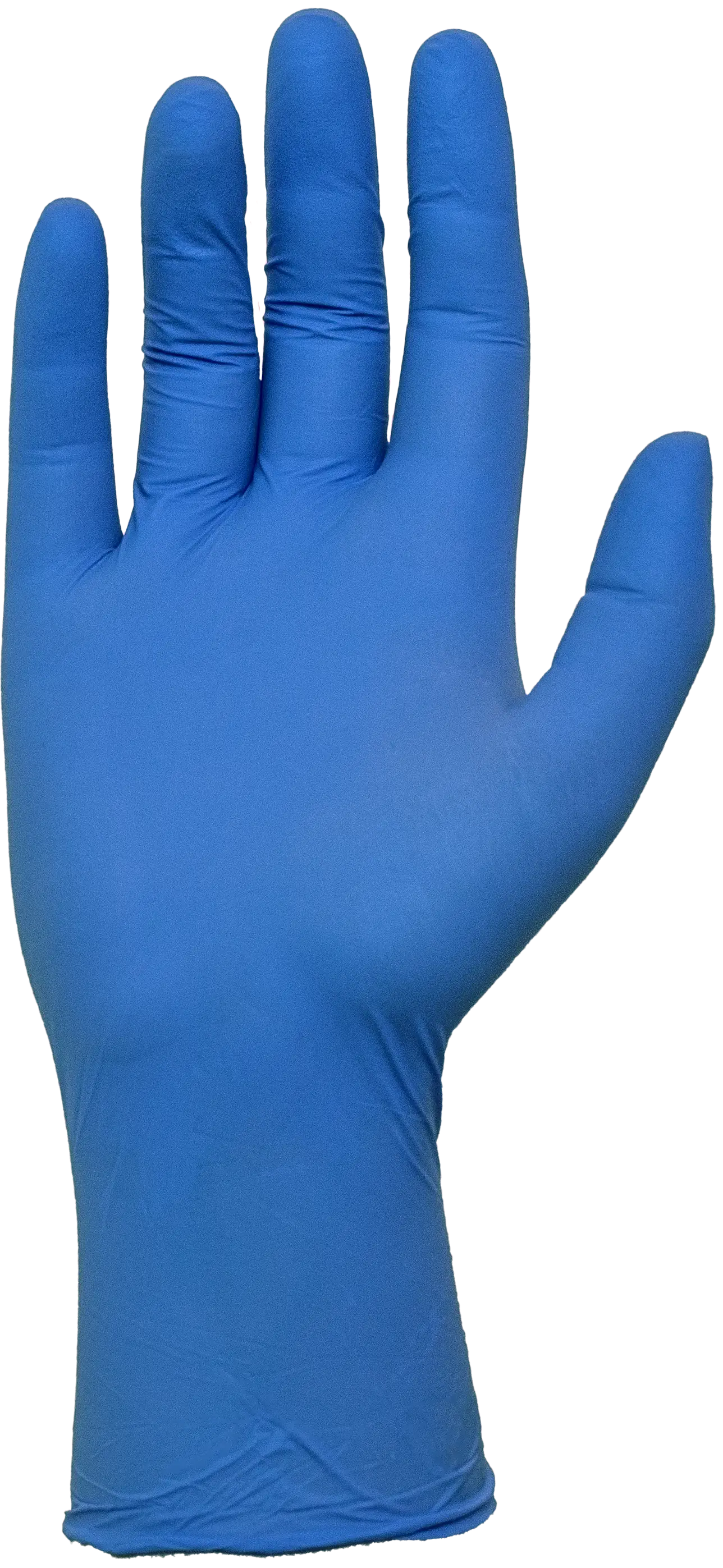


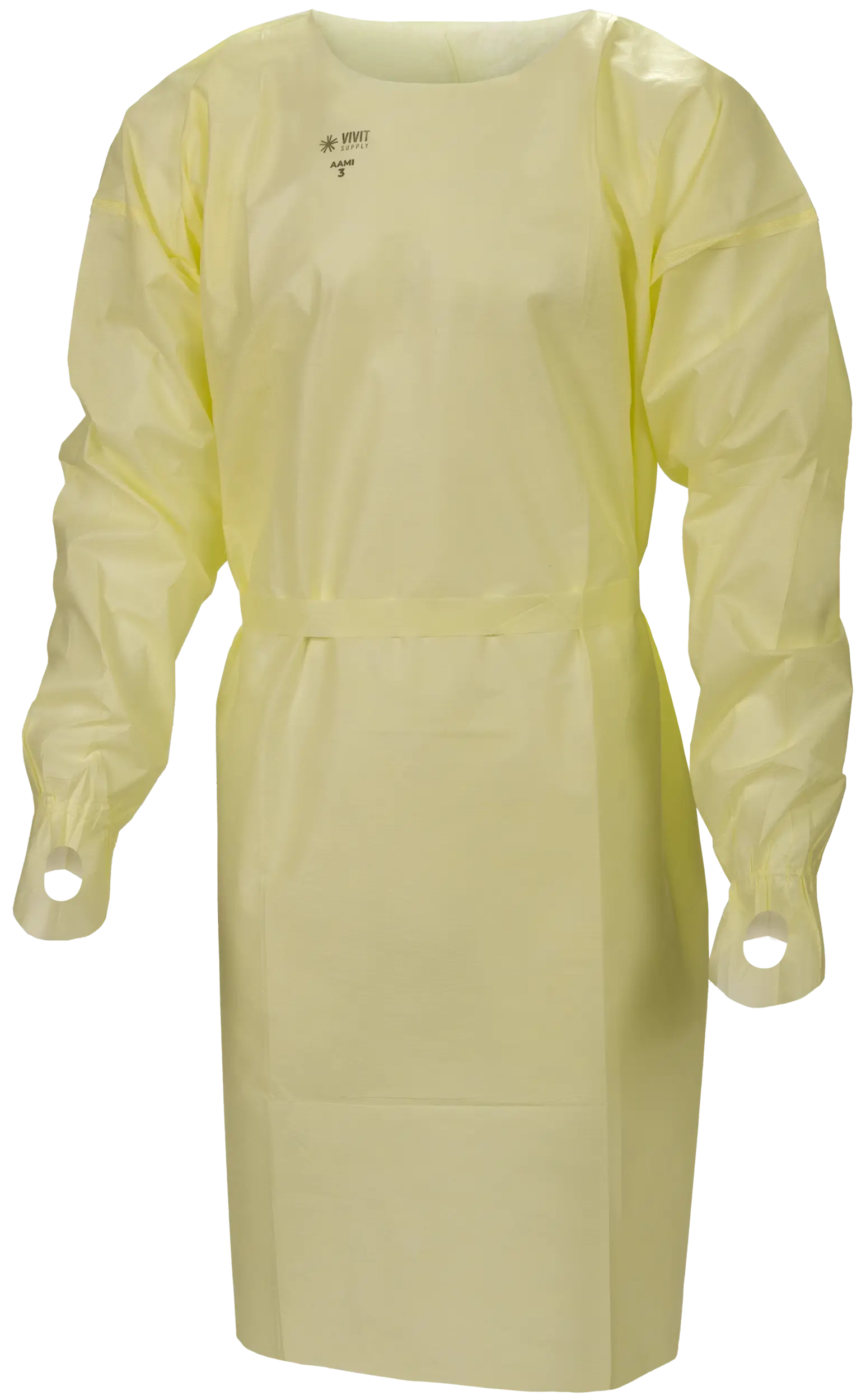

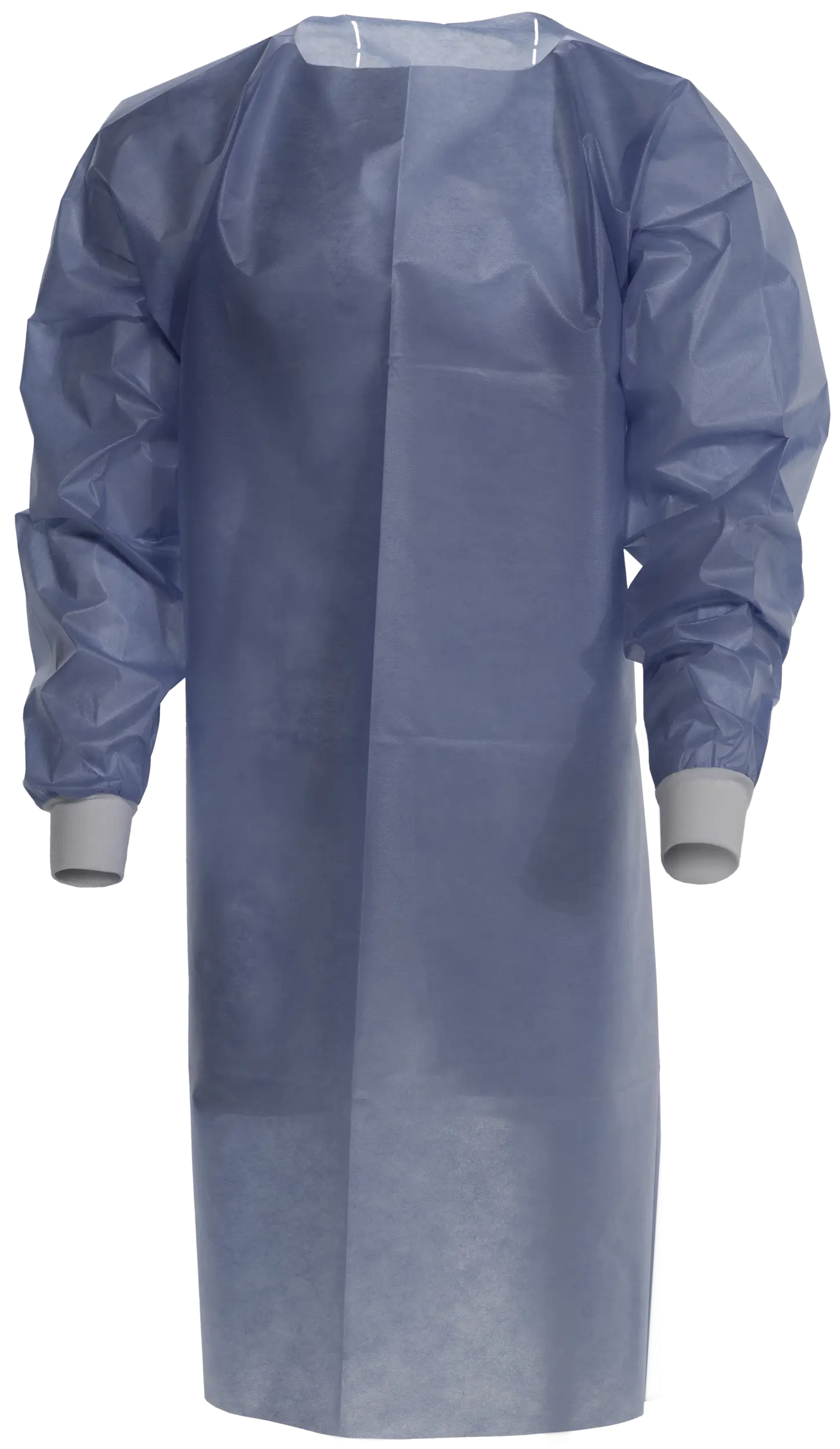
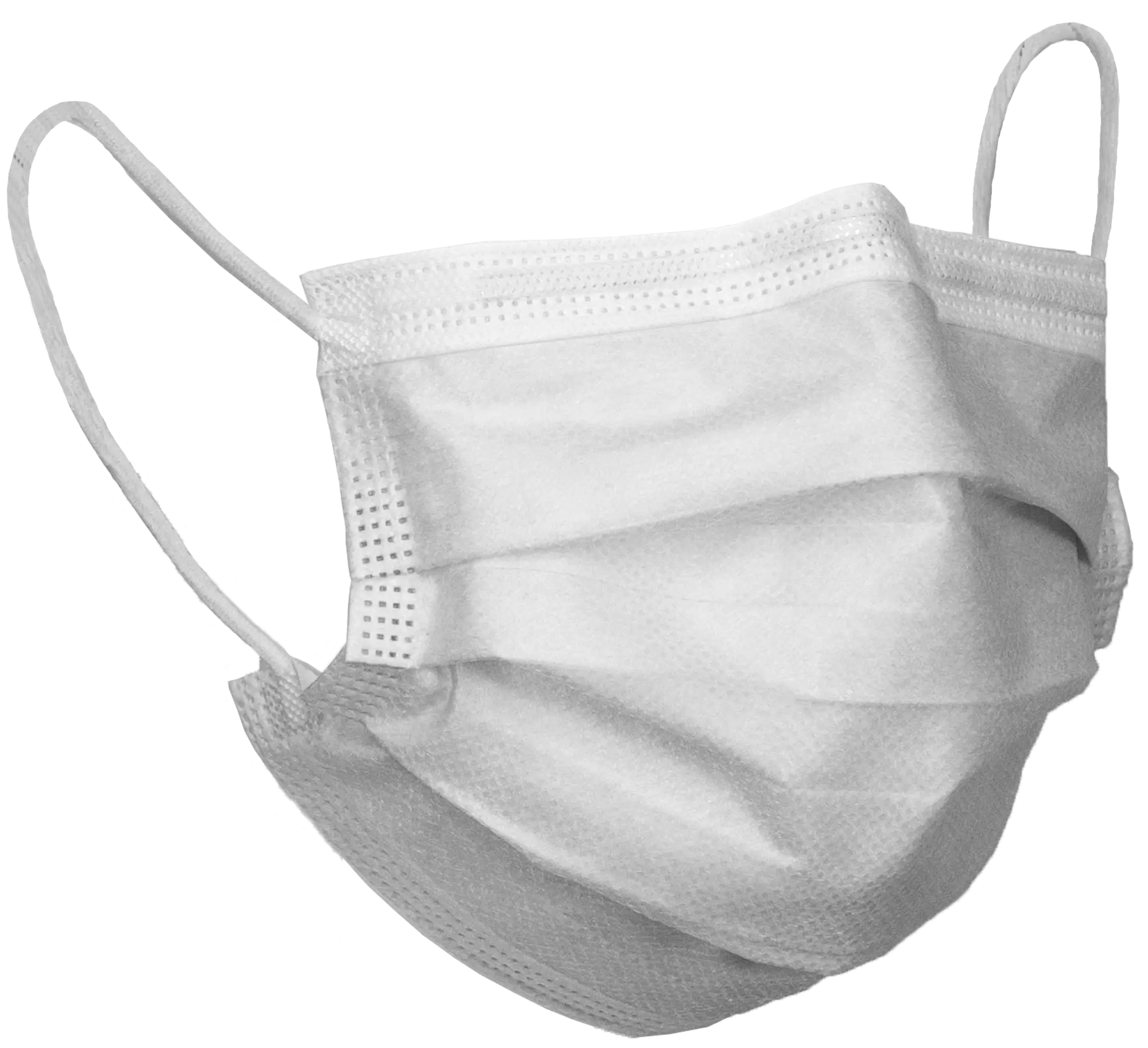


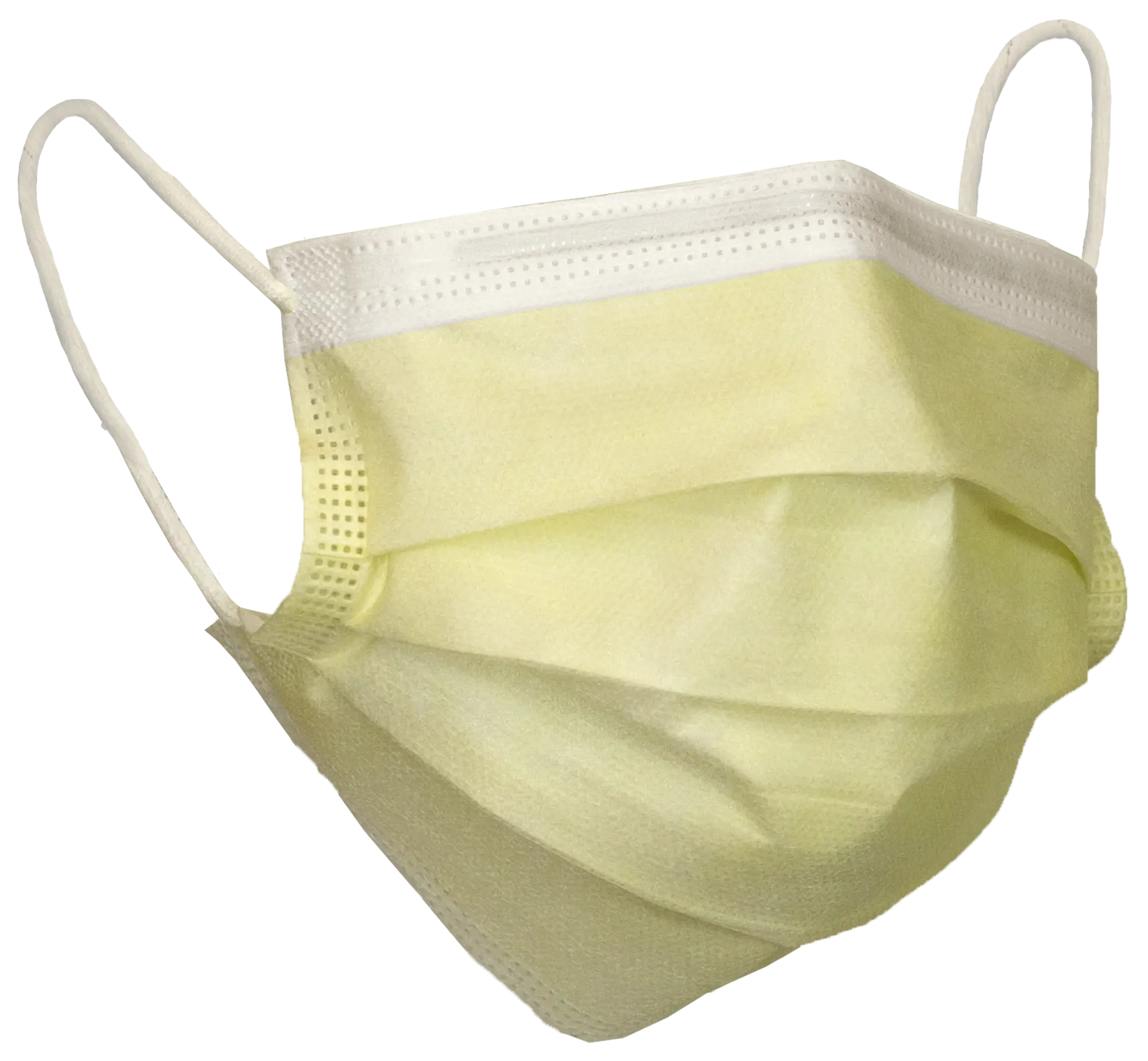
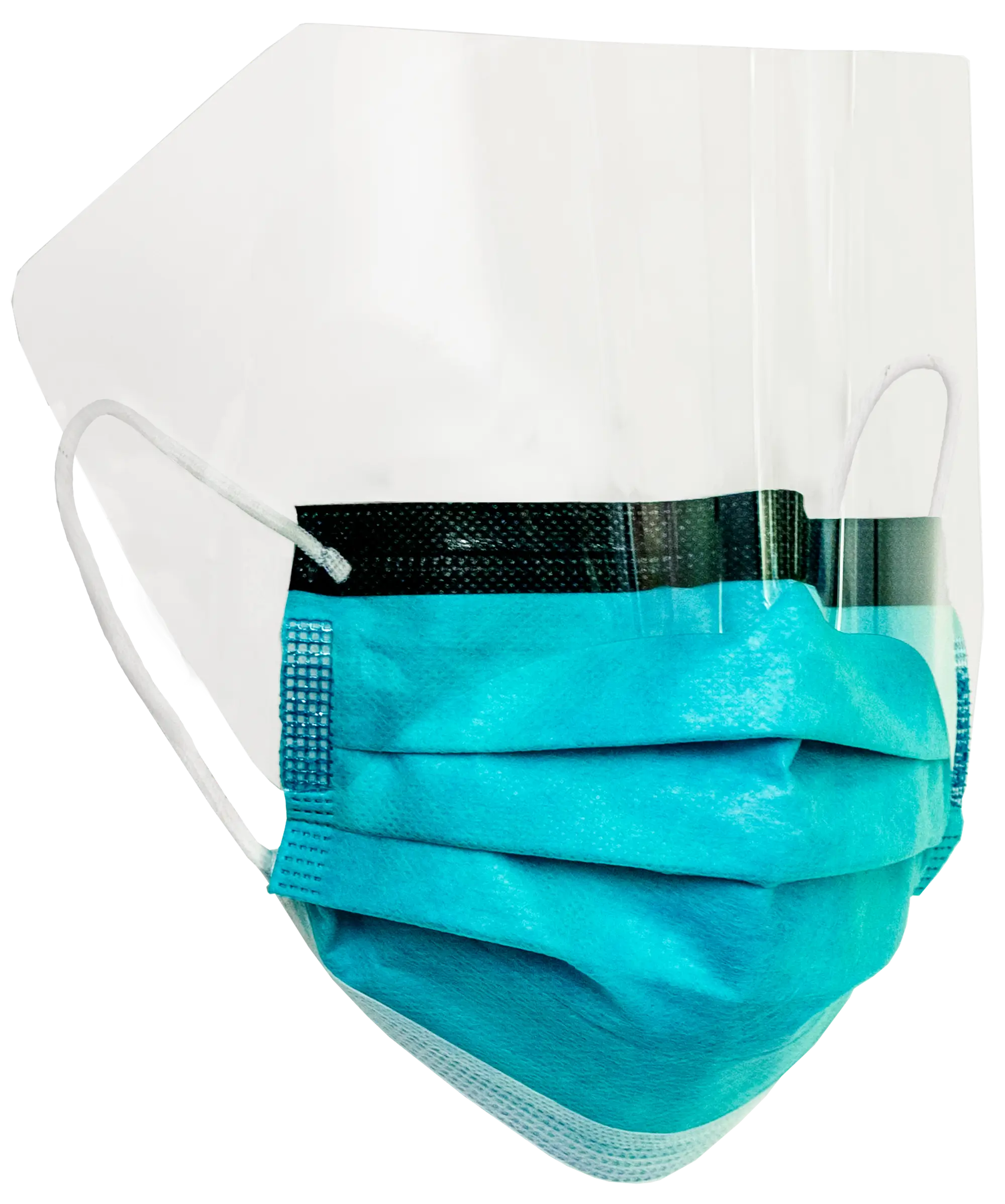



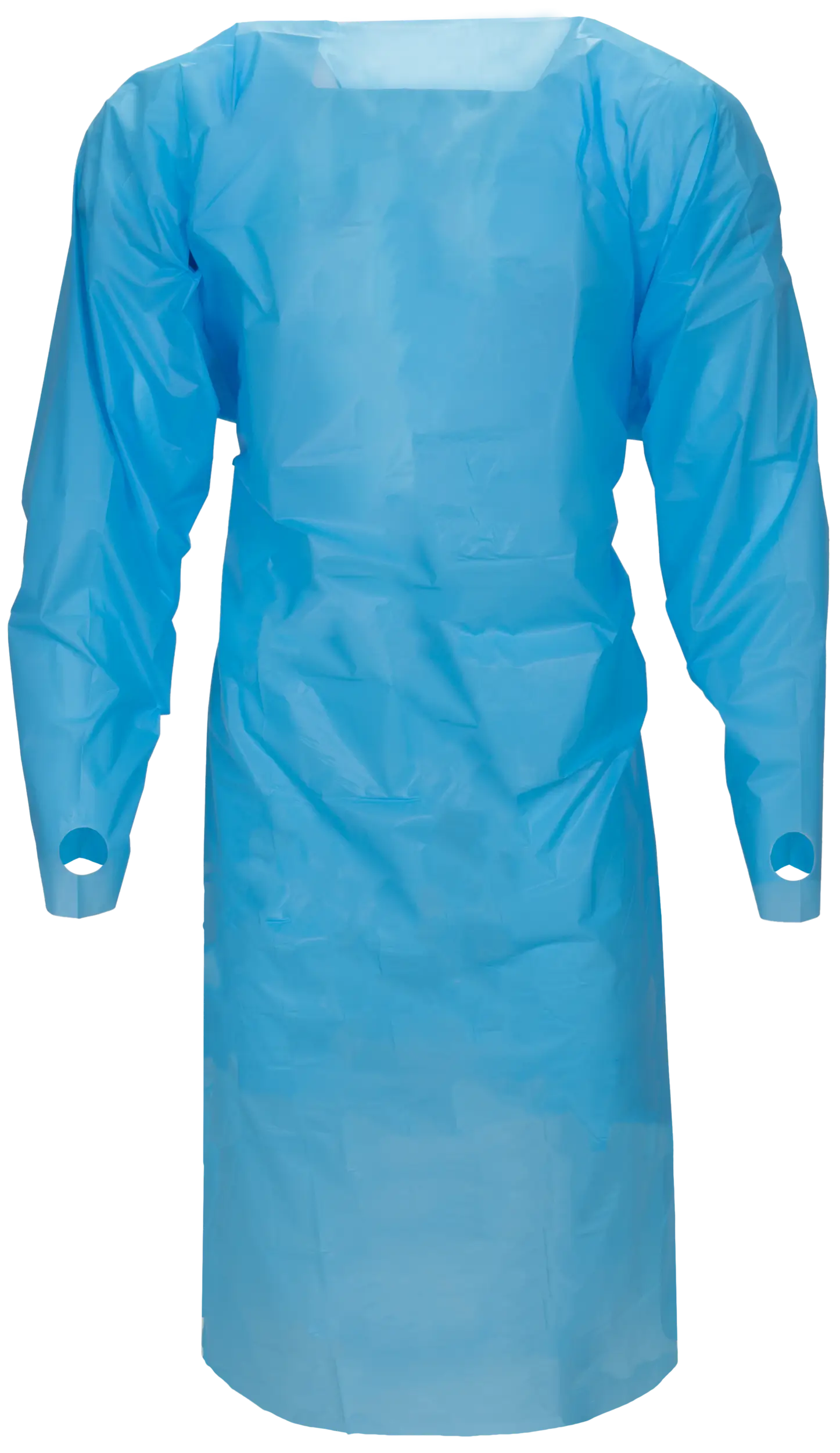
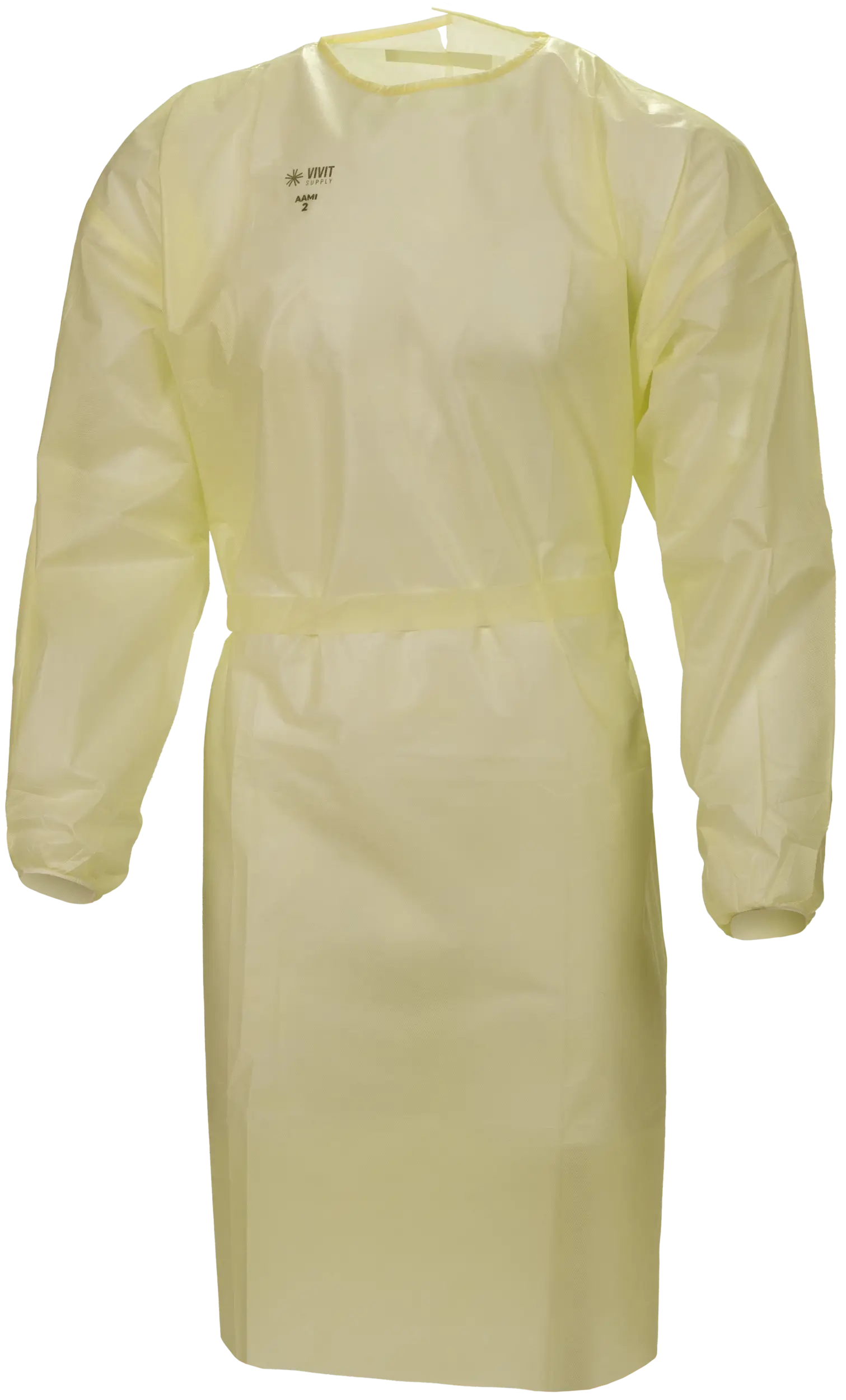





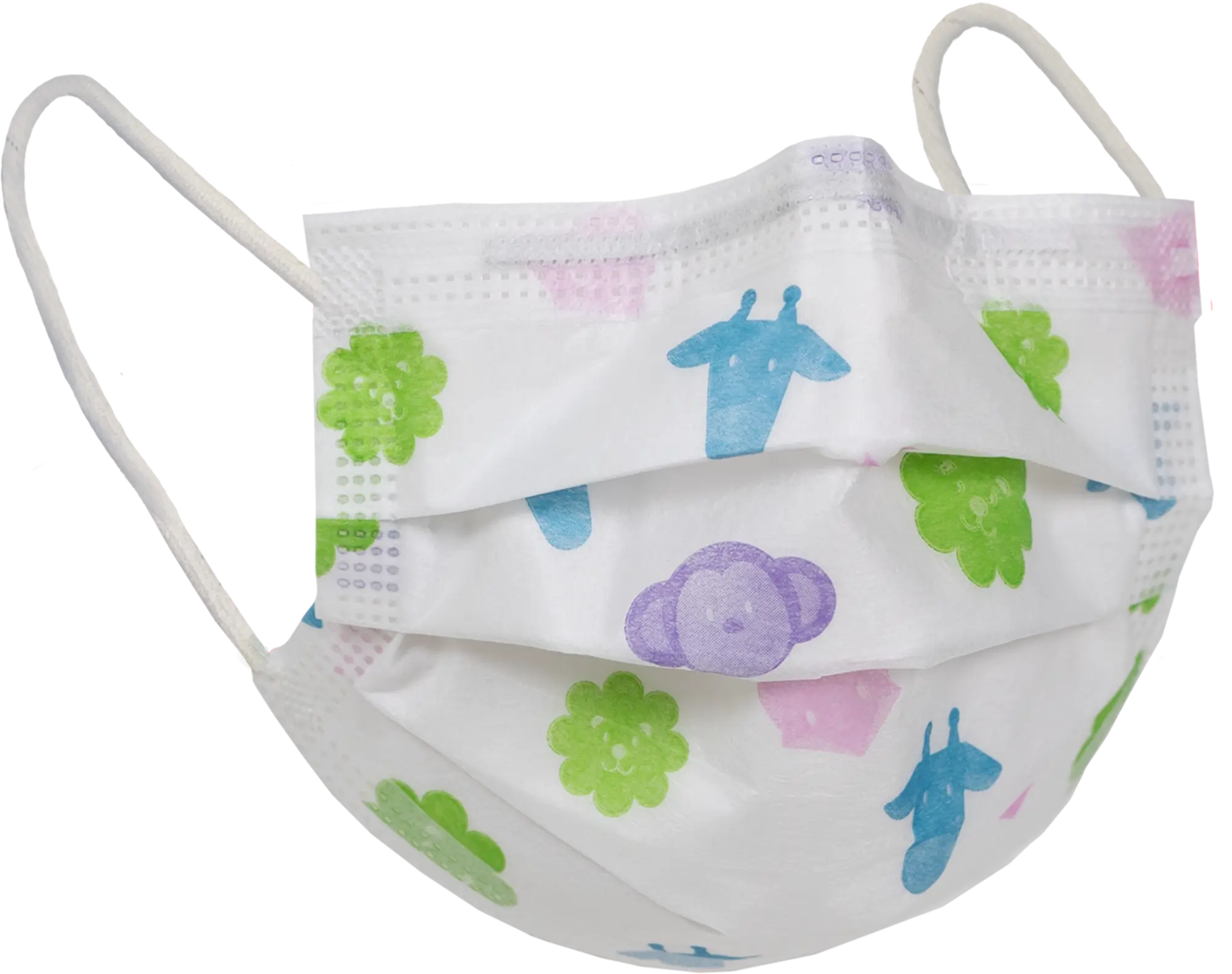


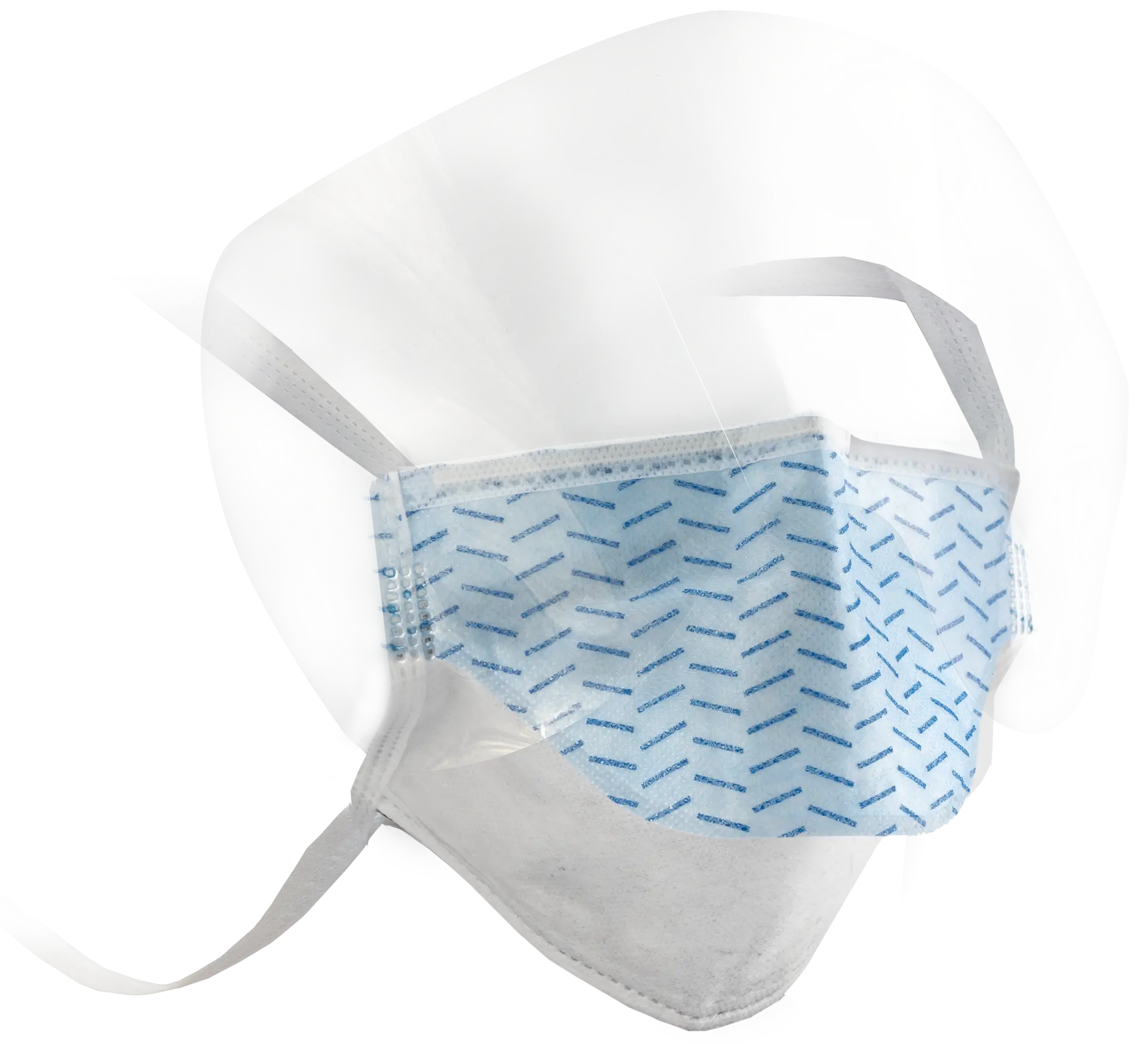
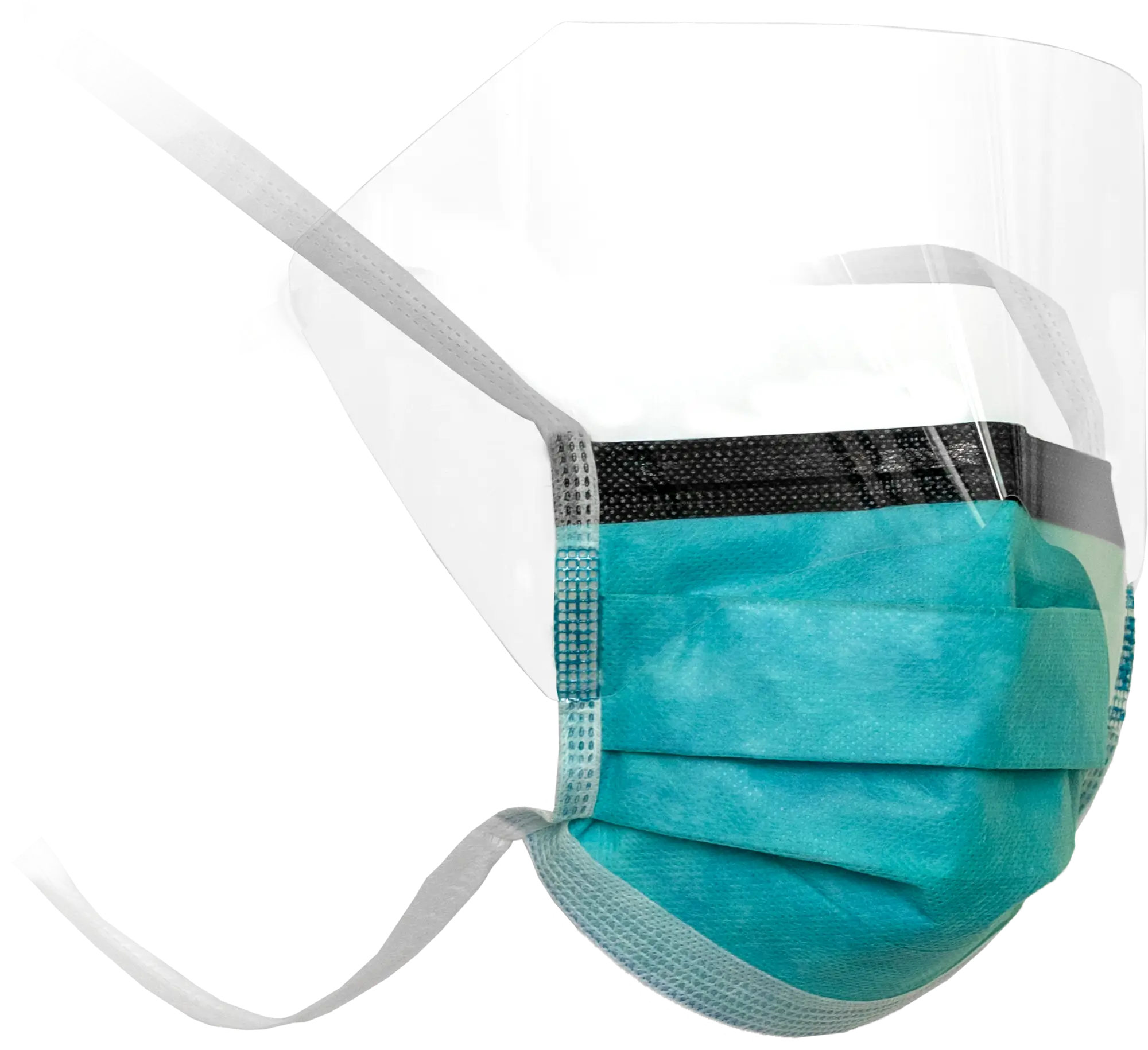
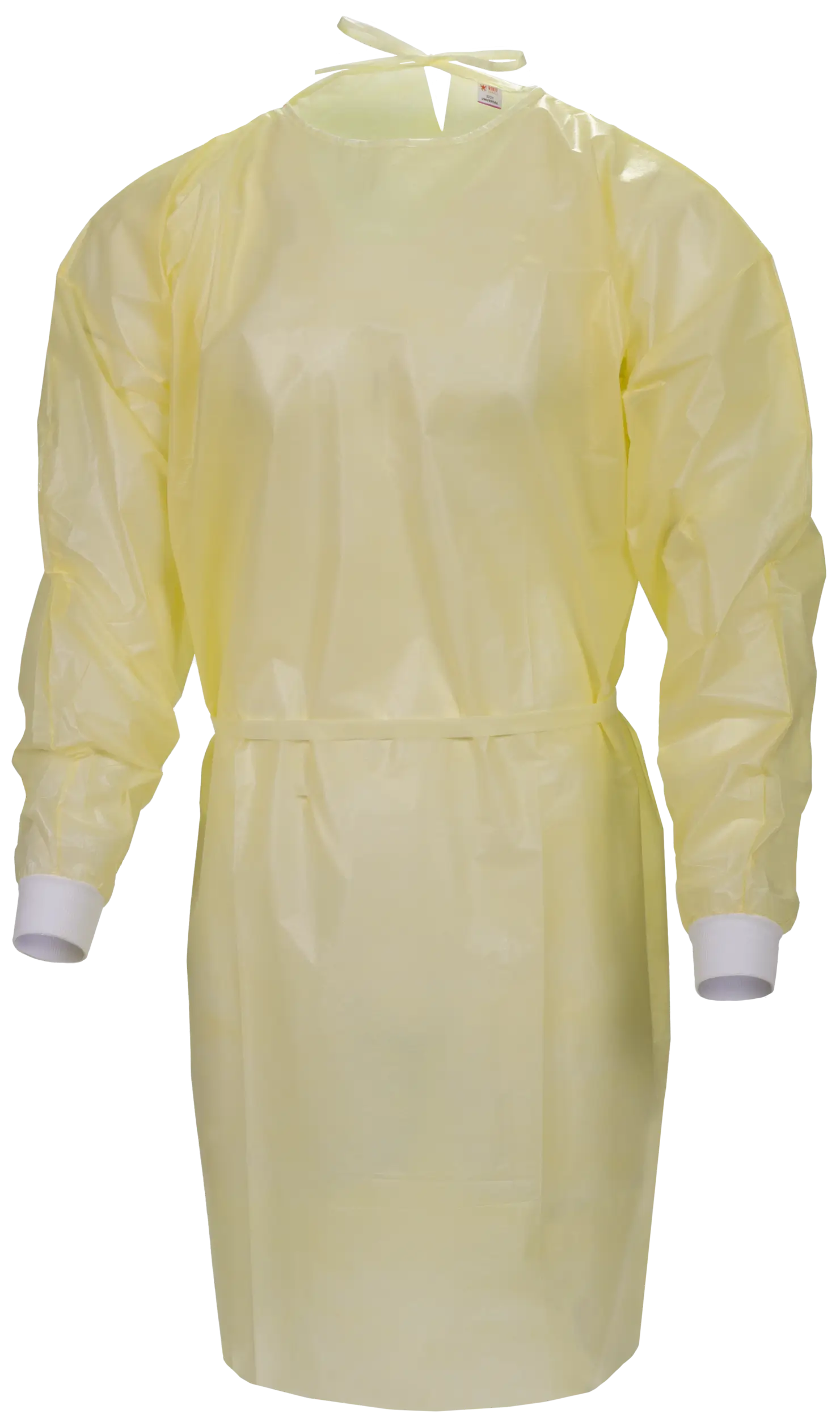
.webp)

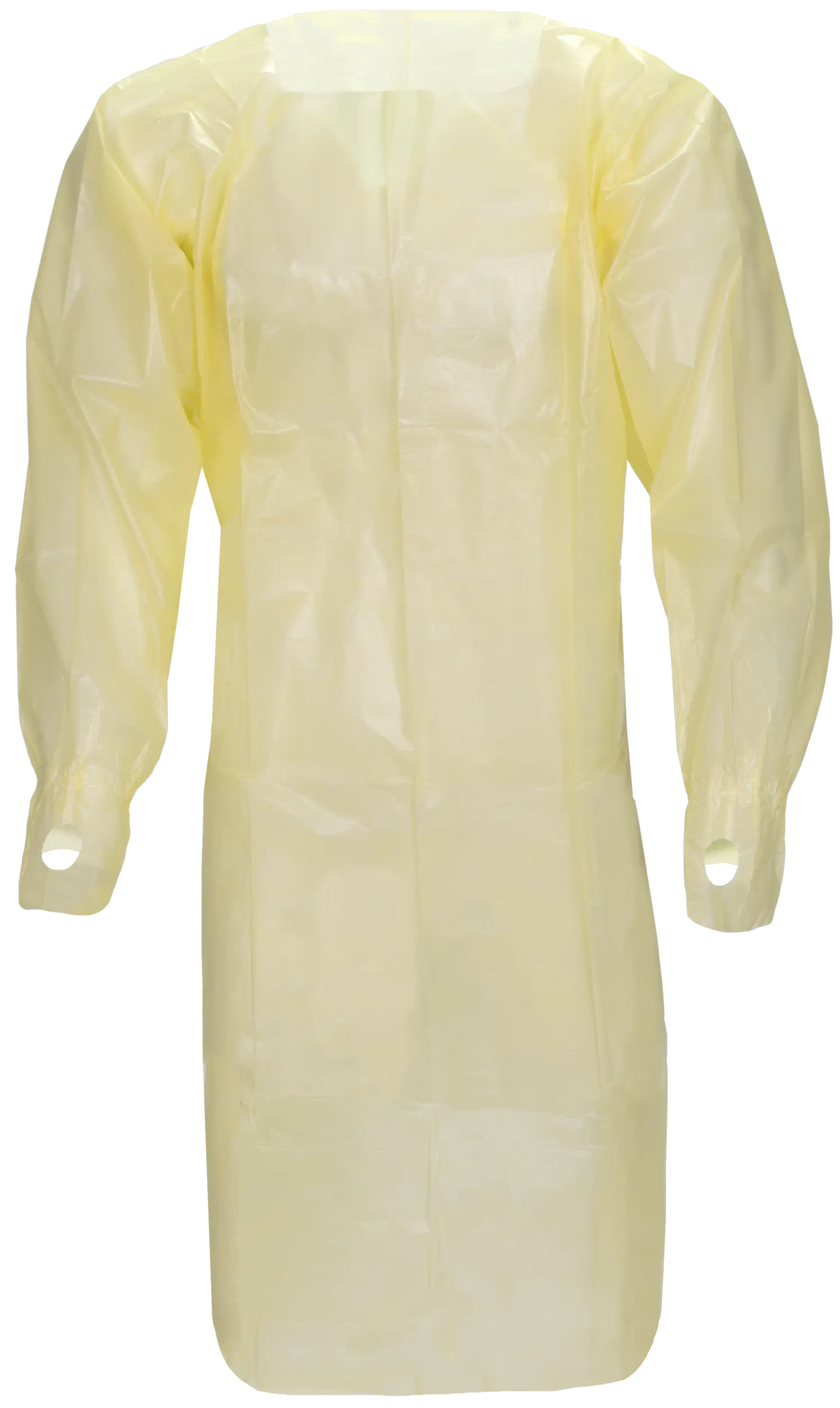

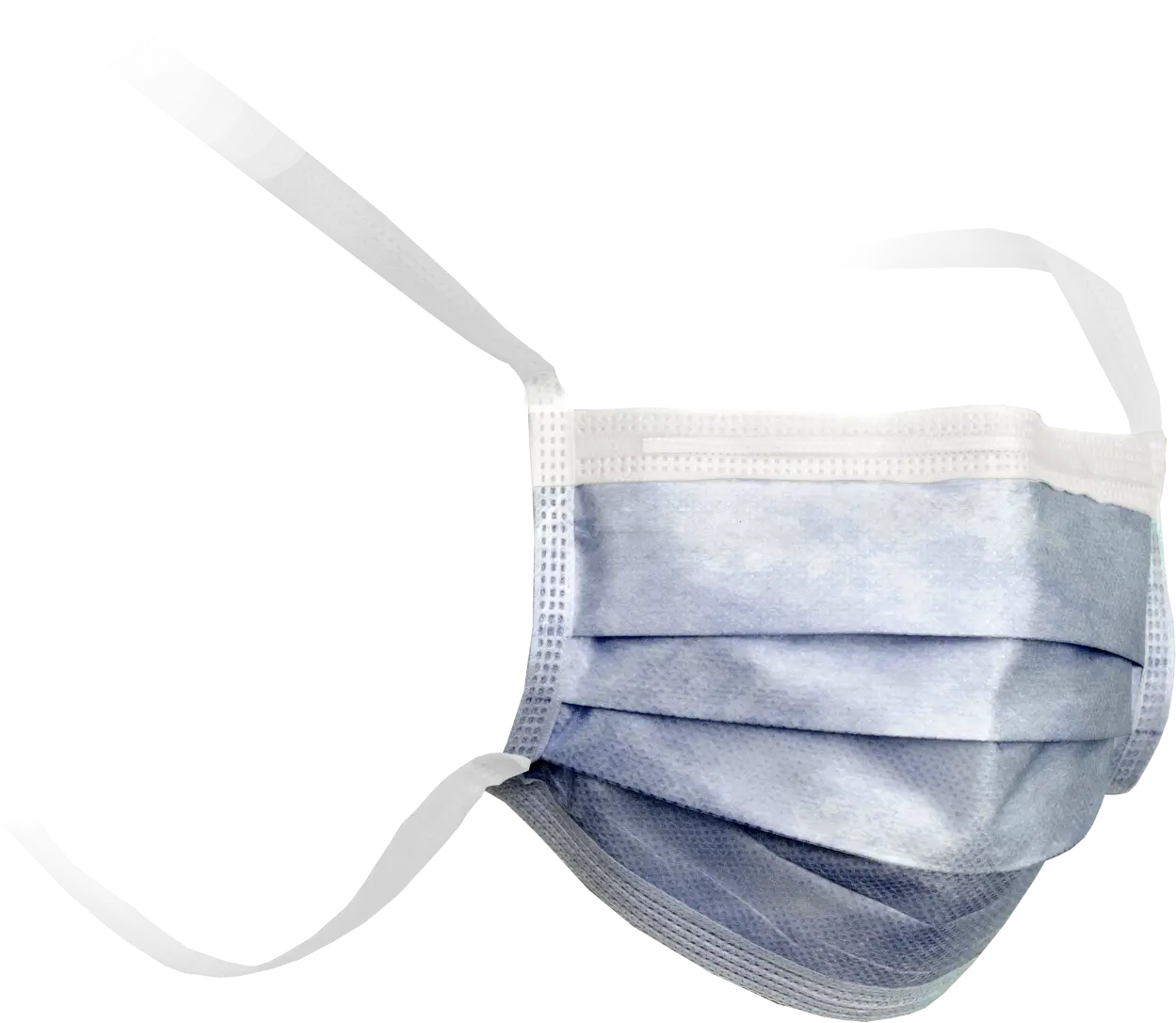


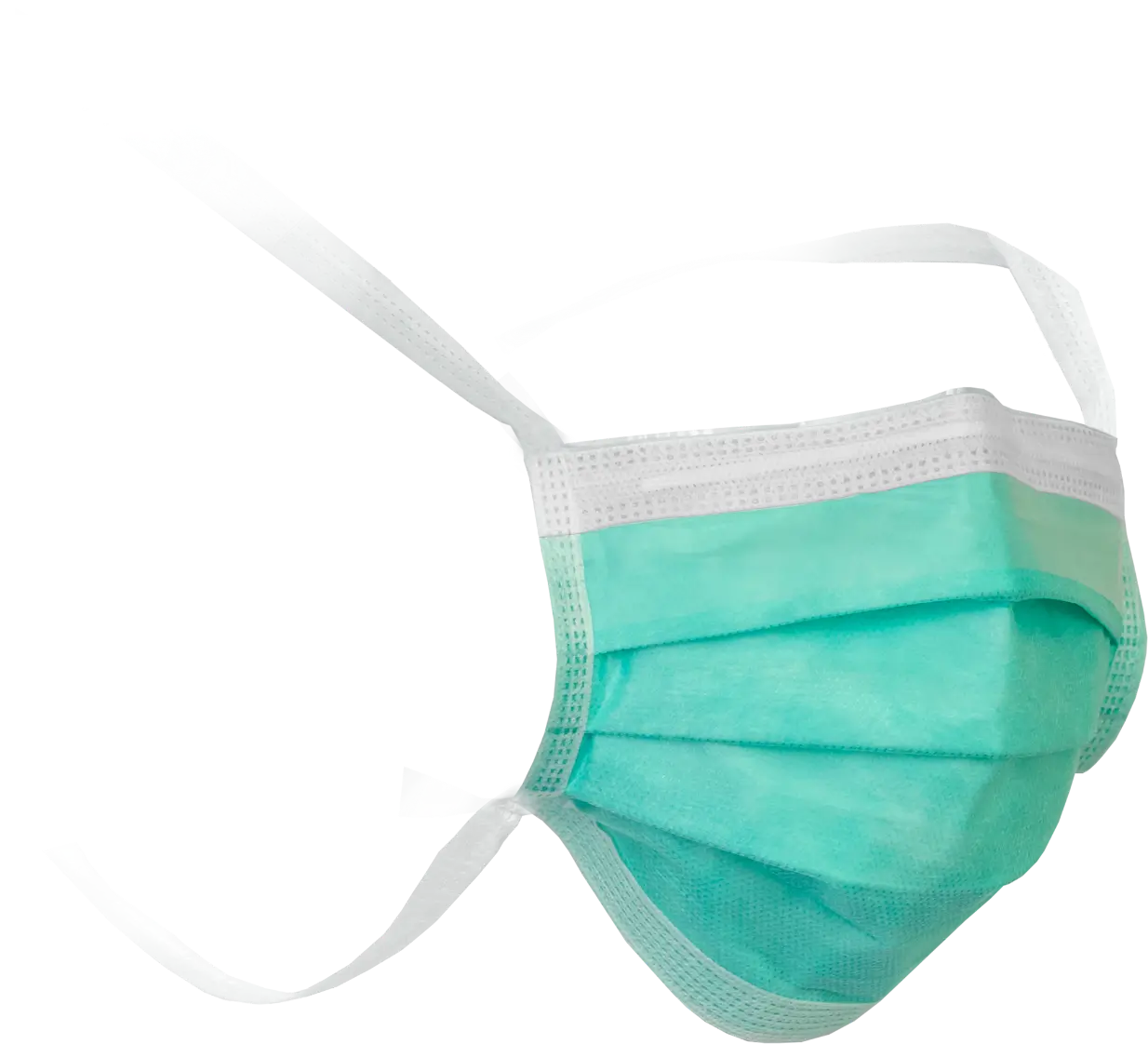


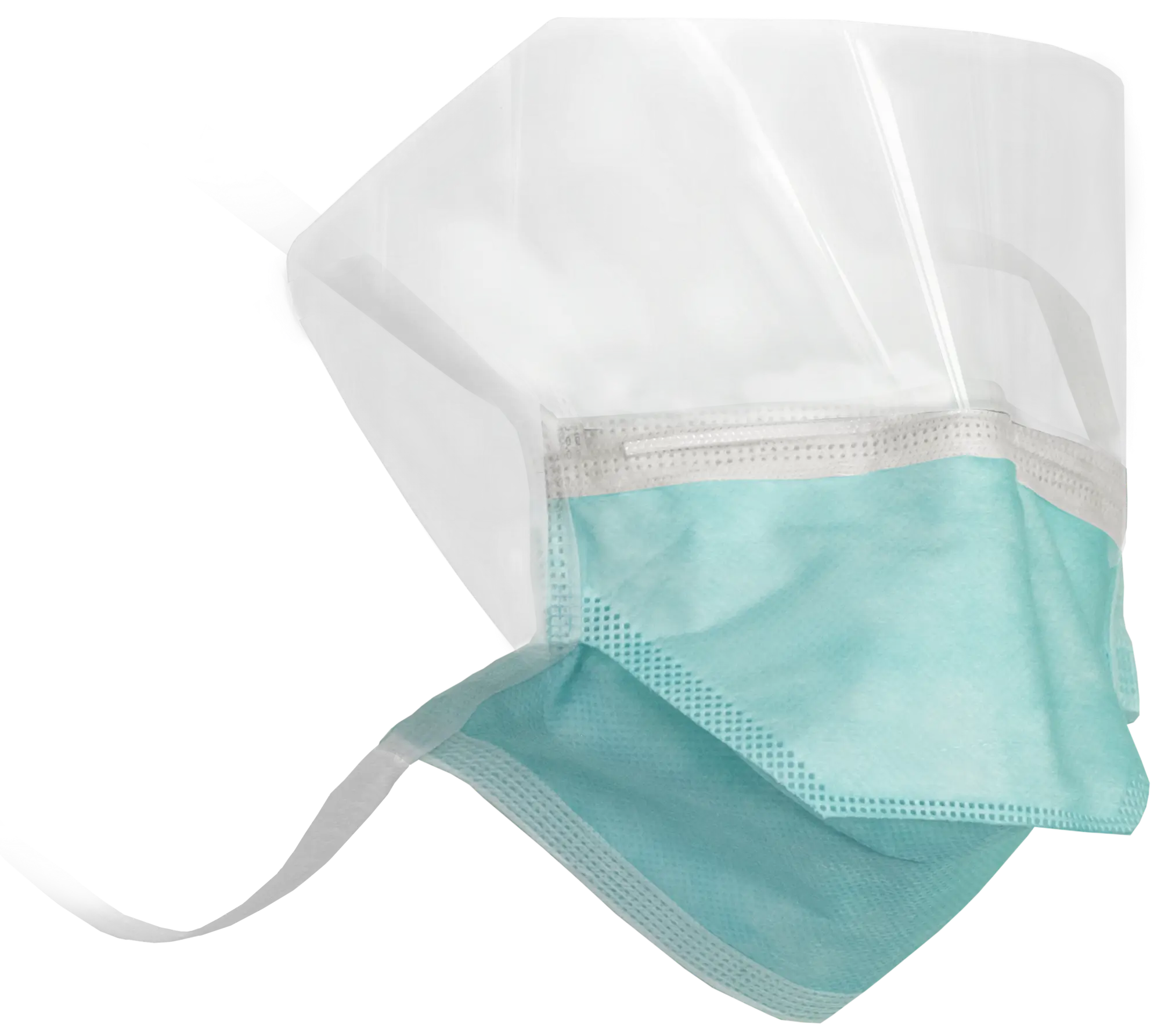





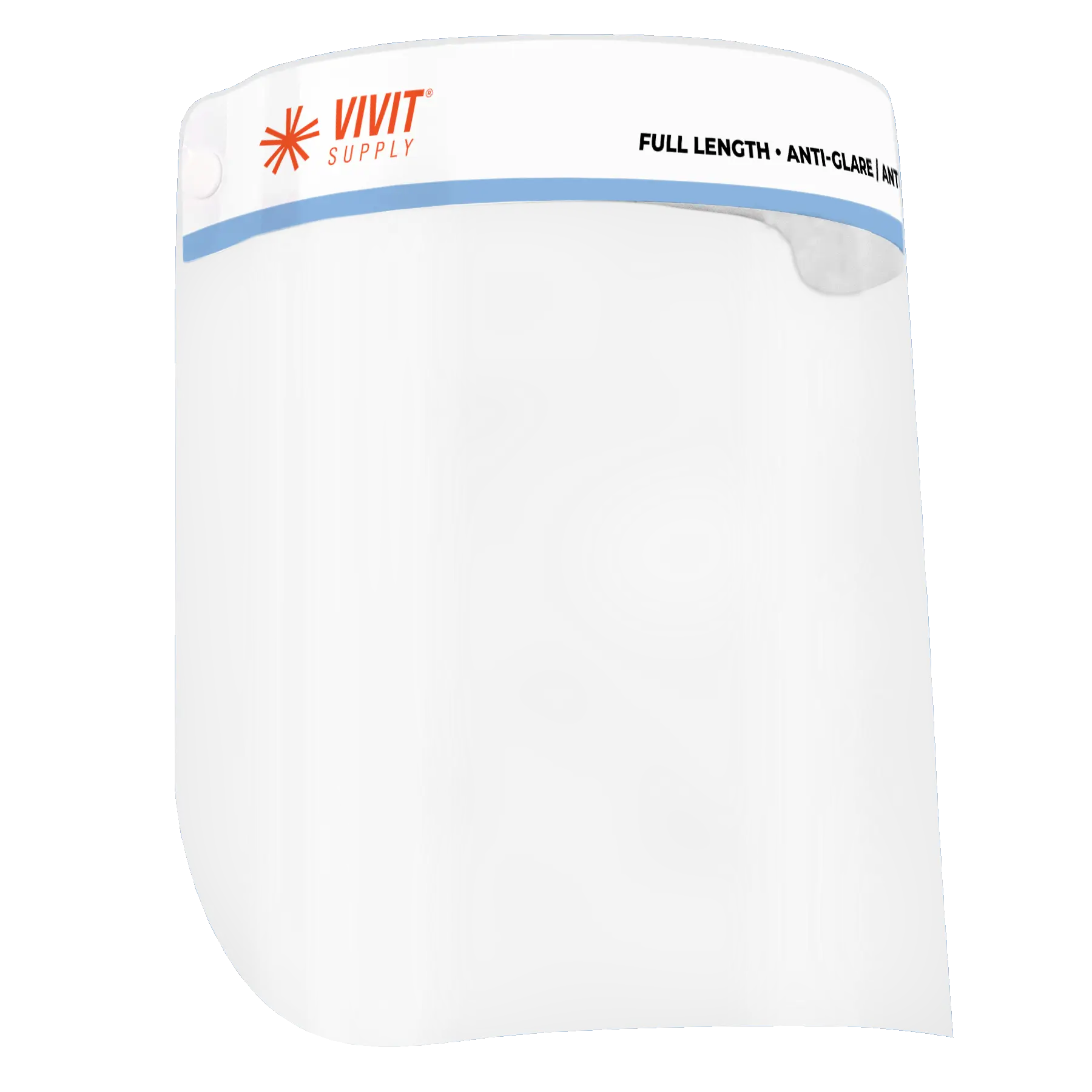




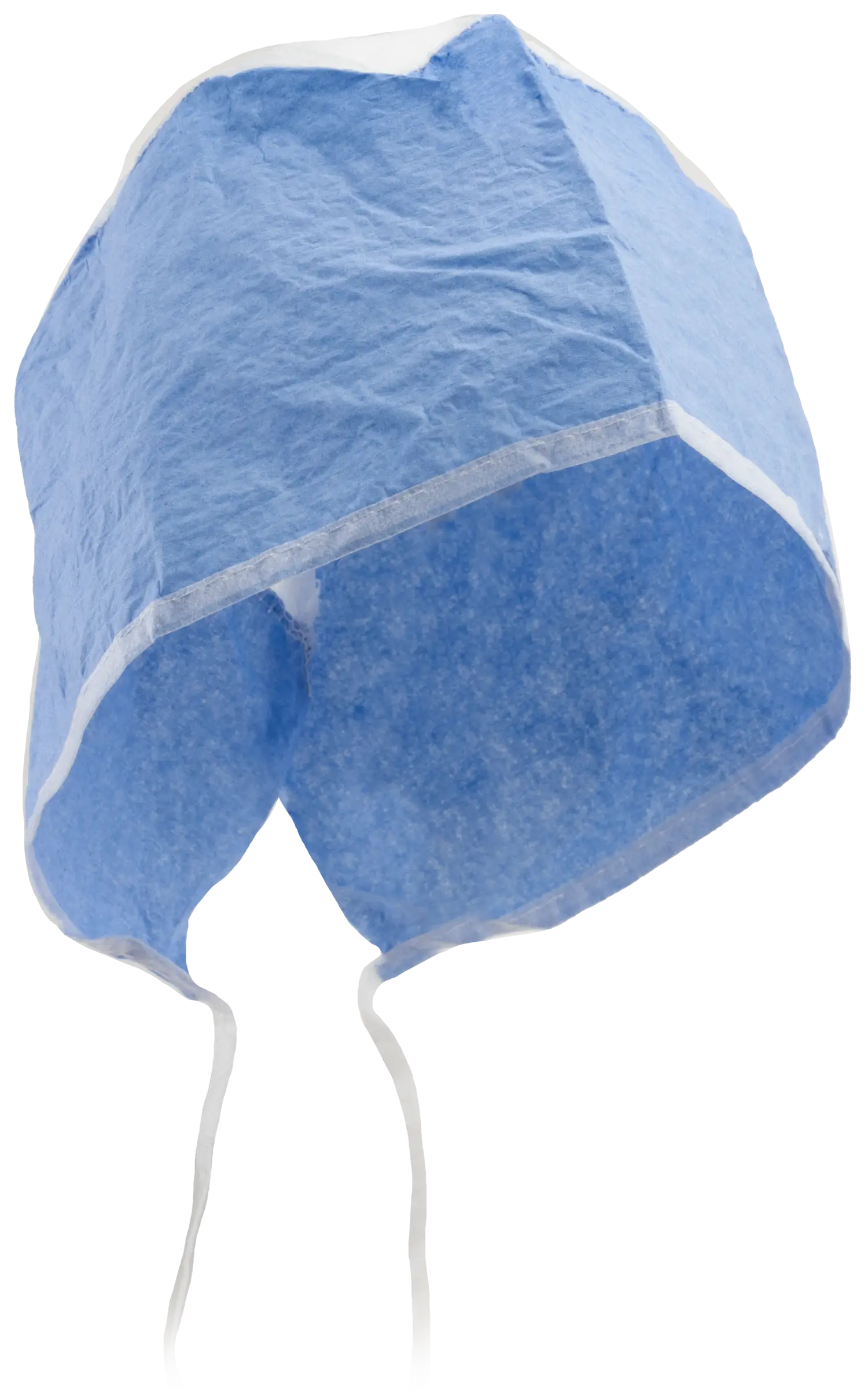








.jpg)

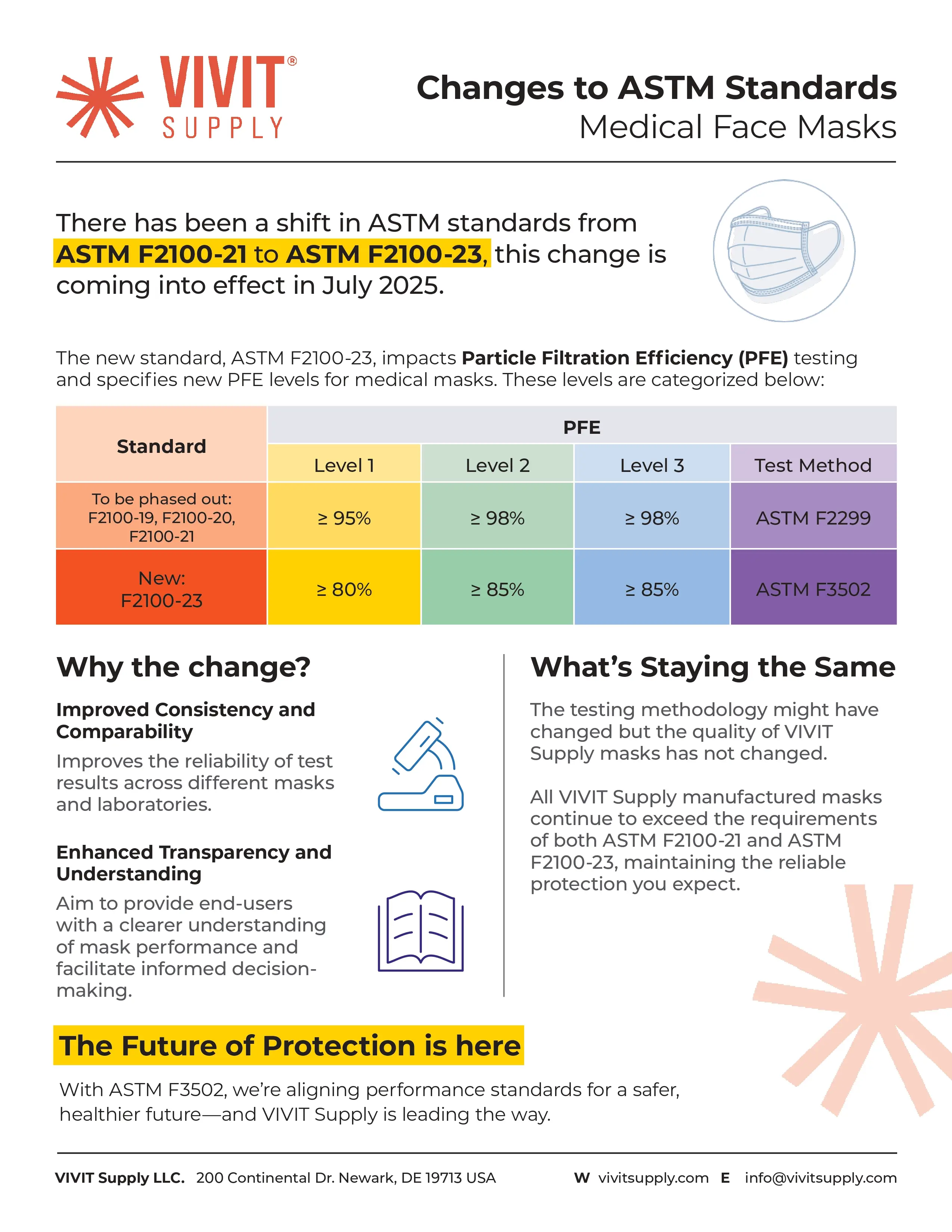

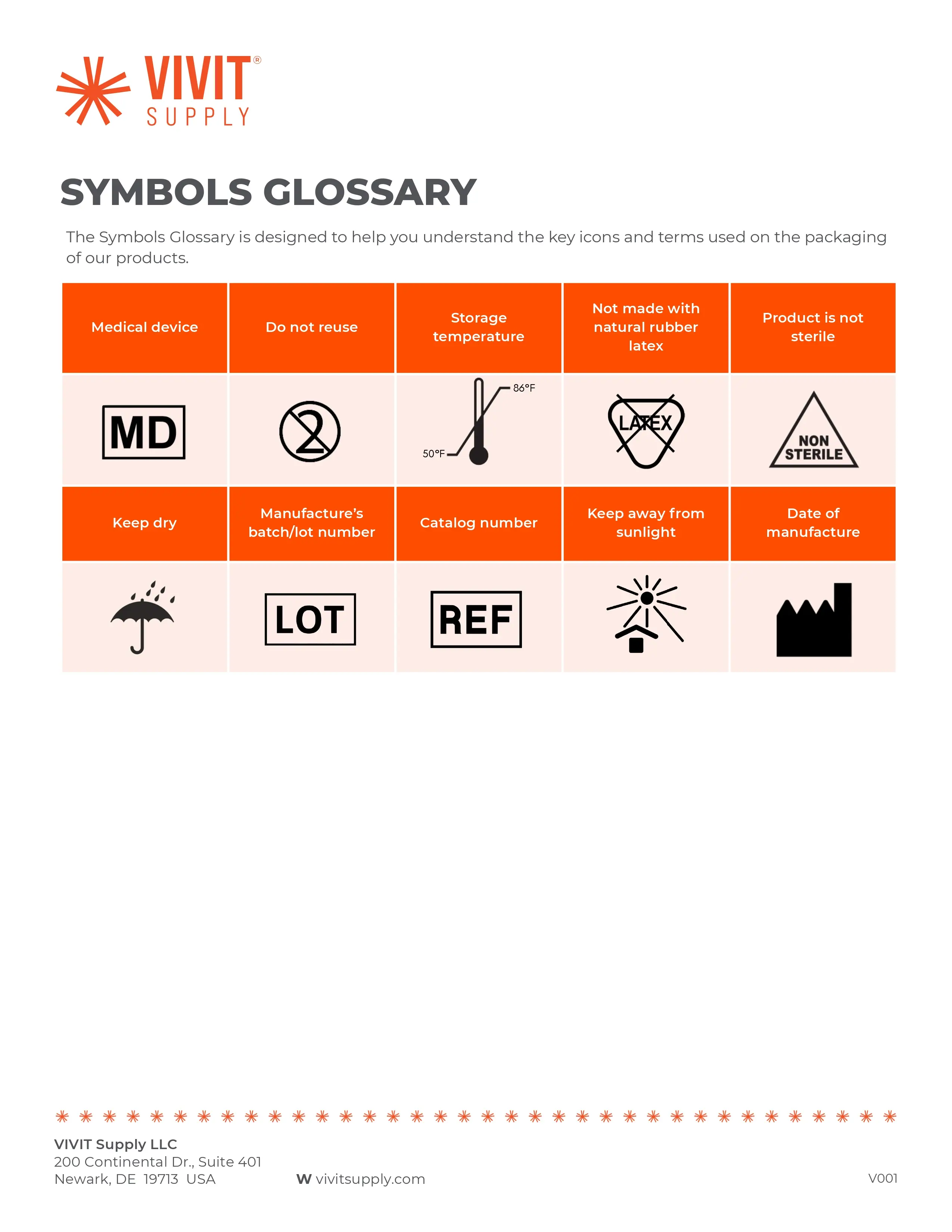
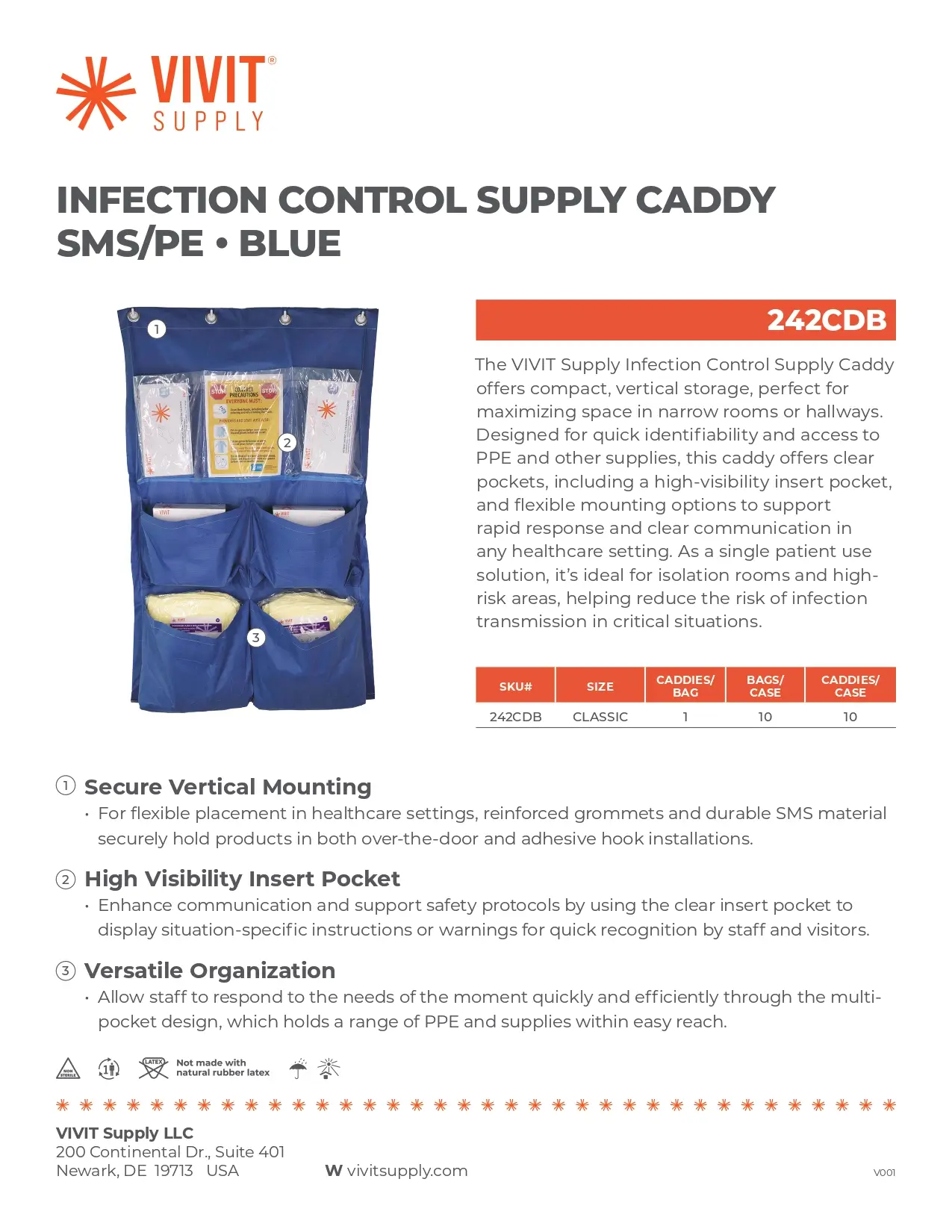
%20-%20VIVIT%20Supply.webp)

